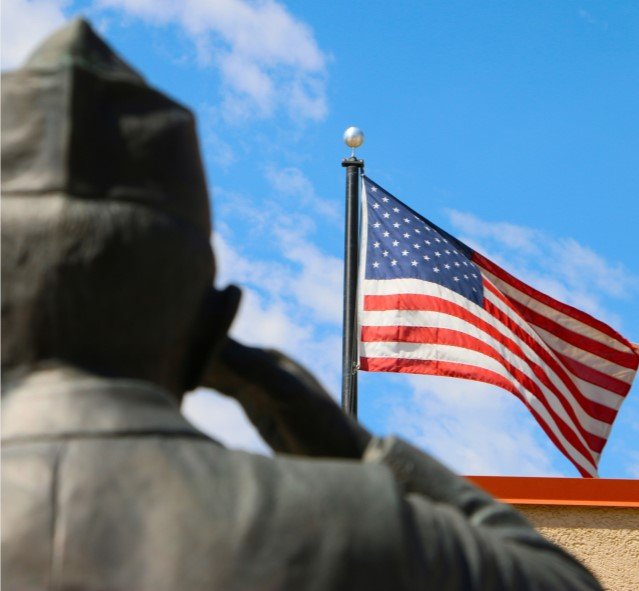

In gratitude to this country’s heroes, Daytryp Health offers a 10% discount on ketamine treatment costs for eligible personnel. This discount is available to the active and retired workers and includes the following:
The 10% discount applies to In-Clinic Ketamine Therapy at our Bend, Oregon location AS WELL AS any of our At Home Ketamine Therapy options offered on DAYTRYPRX.COM
If you are looking for an immersive, psychedelic experience with ketamine, then this is your best choice. A Tryp Guide will be present in the room with you at all times. Preparation for the experience as well as initial Post journey Integration with your Guide is included.
Your Price
$450
If you are looking for an immersive, psychedelic experience with ketamine, then this is your best choice. A Tryp Guide will be present in the room with you at all times. Preparation for the experience as well as initial Post journey Integration with your Guide is included.
(3 sessions)
Your Price
$1,327
Submit an inquiry and our team will help you find the best treatment options for you.
 Daytryp Health has taken The North Star Ethics Pledge, a commitment to a set of principles for individuals working professionally in the field of psychedelics and mental health. North Star is a nonprofit working to shape the psychedelic industry around psychedelic wisdom.
Daytryp Health has taken The North Star Ethics Pledge, a commitment to a set of principles for individuals working professionally in the field of psychedelics and mental health. North Star is a nonprofit working to shape the psychedelic industry around psychedelic wisdom.
 The Modern Spirit Reciprocity Project provides scholarships for Native Americans to receive ketamine-assisted therapy. Daytryp Health supports the ancestral cultures of this land with a vision for increased access to psychedelic-assisted therapy.
The Modern Spirit Reciprocity Project provides scholarships for Native Americans to receive ketamine-assisted therapy. Daytryp Health supports the ancestral cultures of this land with a vision for increased access to psychedelic-assisted therapy.
 www.daytryprx.com America’s most popular weight loss drugs, peptides, sexual health, anti-aging and Ketamine Therapy medicines accessible and convenient—all at your fingertips & delivered to your door, FAST. A quick and easy tele-health appointment to determine appropriateness is necessary for all controlled substances. We make it fast, simple and easy for you to receive your favorite healing medicines, at home!
www.daytryprx.com America’s most popular weight loss drugs, peptides, sexual health, anti-aging and Ketamine Therapy medicines accessible and convenient—all at your fingertips & delivered to your door, FAST. A quick and easy tele-health appointment to determine appropriateness is necessary for all controlled substances. We make it fast, simple and easy for you to receive your favorite healing medicines, at home!